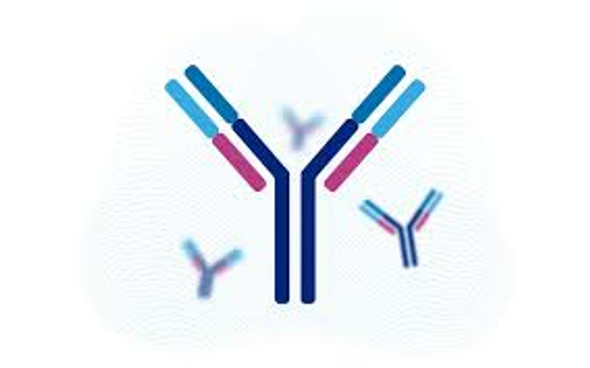Description
HCK, Active is available at Gentaur for Next week delivery.
Plays a role in neutrophil migration
Biomolecule/Target:
Alternates names: HCK, Tyrosine-protein kinase, Hematopoietic cell kinase, Hemopoietic cell kinase, p59-HCK/p60-HCK, p59Hck, p61Hck
Synonyms: HCK, Tyrosine-protein kinase
Background Information: HCK, a protein-tyrosine kinase, belongs to SRC family members (1). Ziegler et al. found that expression of HCK may be limited to certain hemopoietic cells and is especially prominent in cells of myeloid lineage, particularly mature granulocytes and monocytes (2). Therefore, Quintrell et al. designated the gene HCK (pronounced 'hick') for hemopoietic cell kinase. They described the nucleotide sequence of a cDNA clone and the distribution of RNA transcribed from HCK among various hemopoietic cells. They assigned the HCK gene to 20q11-q12. Since this region is affected by interstitial deletions in some acute myeloid leukemias and myeloproliferative disorders, they suggested that damage to HCK may contribute to the pathogenesis of these conditions (3).
Reconstitution Instructions: N/A
NCBI Gene Symbol: HCK
Gene ID: 3055
NCBI Accession: PO8631
Additional Information
Size: |
5 μg |
Country of Manufacturing Origin: |
USA |
Country of Animal Origin: |
USA |
Recombinant: |
Yes |
Source: |
Baculovirus (Sf9 insect cells) |
Purity by SDS-PAGE: |
≥90% |
Assay: |
SDS-PAGE |
Purity: |
N/A |
Assay 2: |
HPLC |
Endotoxin Level: |
N/A |
Activity (Specifications/test method): |
171 nmol phosphate incorporated into poly(Glu-Tyr) per minute per mg protein at 30°C for 15 minutes using a final concentration of 50 µM ATP (0.83 µCi/assay). |
Biological activity: |
N/A |
Results: |
N/A |
Molecular Weight: |
57.0 kDa |
Storage Temperature: |
-80°C |
Shelf Life: |
12 months |
Concentration: |
5µg/50 µl |
Appearance: |
Liquid |
Handling: |
Centrifuge the vial prior to opening. |







